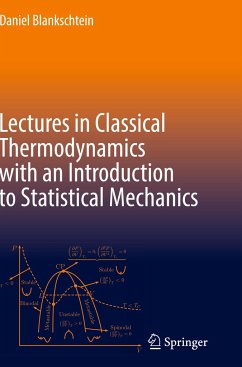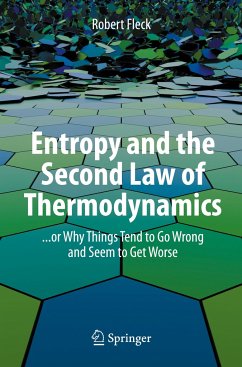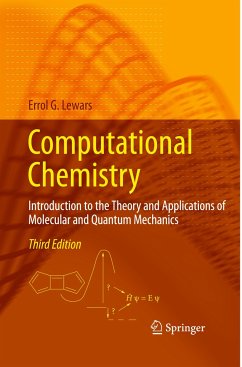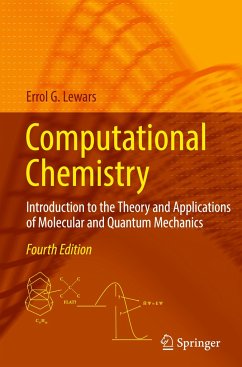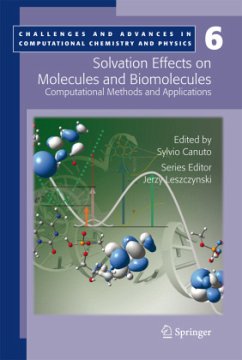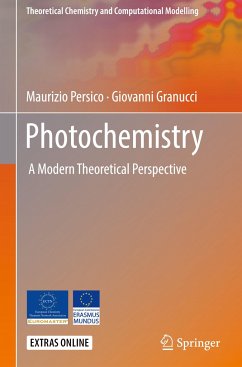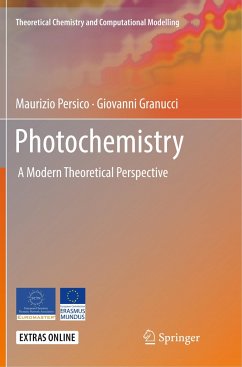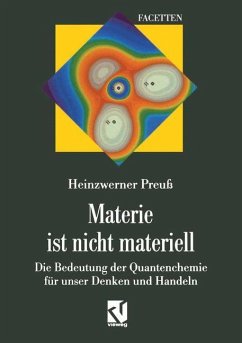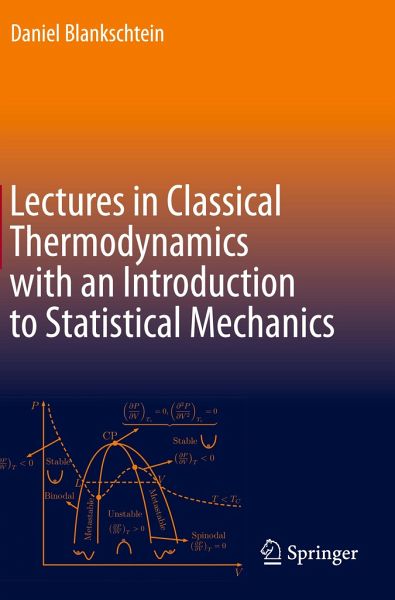
Lectures in Classical Thermodynamics with an Introduction to Statistical Mechanics
Versandkostenfrei!
Versandfertig in 6-10 Tagen
69,54 €
inkl. MwSt.
Weitere Ausgaben:

PAYBACK Punkte
0 °P sammeln!
This textbook facilitates students' ability to apply fundamental principles and concepts in classical thermodynamics to solve challenging problems relevant to industry and everyday life. It also introduces the reader to the fundamentals of statistical mechanics, including understanding how the microscopic properties of atoms and molecules, and their associated intermolecular interactions, can be accounted for to calculate various average properties of macroscopic systems. The author emphasizes application of the fundamental principles outlined above to the calculation of a variety of thermodyn...
This textbook facilitates students' ability to apply fundamental principles and concepts in classical thermodynamics to solve challenging problems relevant to industry and everyday life. It also introduces the reader to the fundamentals of statistical mechanics, including understanding how the microscopic properties of atoms and molecules, and their associated intermolecular interactions, can be accounted for to calculate various average properties of macroscopic systems. The author emphasizes application of the fundamental principles outlined above to the calculation of a variety of thermodynamic properties, to the estimation of conversion efficiencies for work production by heat interactions, and to the solution of practical thermodynamic problems related to the behavior of non-ideal pure fluids and fluid mixtures, including phase equilibria and chemical reaction equilibria. The book contains detailed solutions to many challenging sample problems in classical thermodynamicsand statistical mechanics that will help the reader crystallize the material taught. Class-tested and perfected over 30 years of use by nine-time Best Teaching Award recipient Professor Daniel Blankschtein of the Department of Chemical Engineering at MIT, the book is ideal for students of Chemical and Mechanical Engineering, Chemistry, and Materials Science, who will benefit greatly from in-depth discussions and pedagogical explanations of key concepts.
Distills critical concepts, methods, and applications from leading full-length textbooks, along with the author's own deep understanding of the material taught, into a concise yet rigorous graduate and advanced undergraduate text;Enriches the standard curriculum with succinct, problem-based learning strategies derived from the content of 50 lectures given over the years in the Department of Chemical Engineering at MIT;Reinforces concepts covered with detailed solutions to illuminating and challenging homework problems.
Distills critical concepts, methods, and applications from leading full-length textbooks, along with the author's own deep understanding of the material taught, into a concise yet rigorous graduate and advanced undergraduate text;Enriches the standard curriculum with succinct, problem-based learning strategies derived from the content of 50 lectures given over the years in the Department of Chemical Engineering at MIT;Reinforces concepts covered with detailed solutions to illuminating and challenging homework problems.



